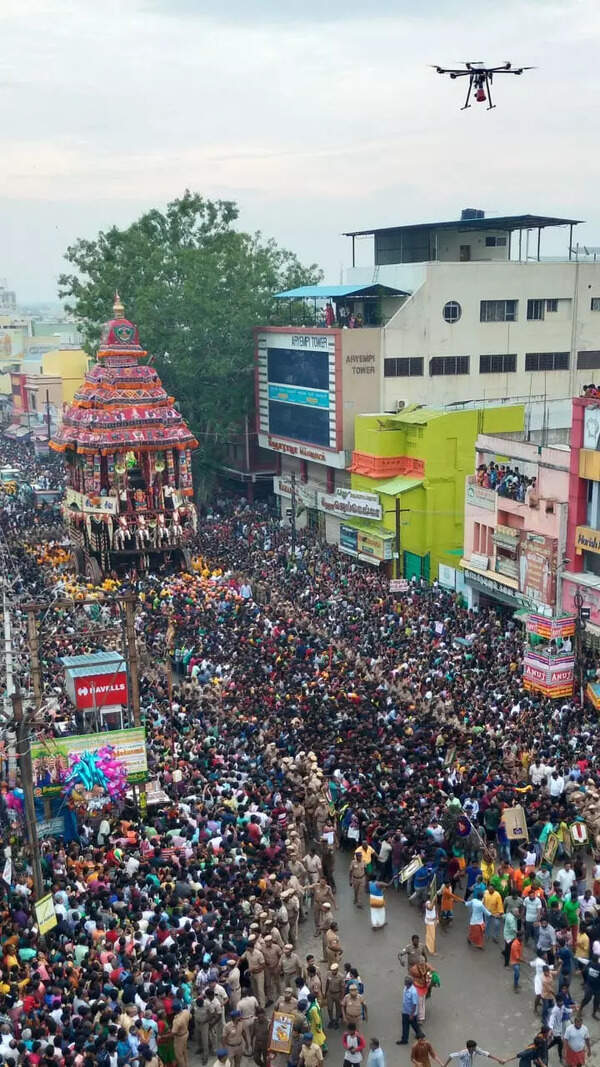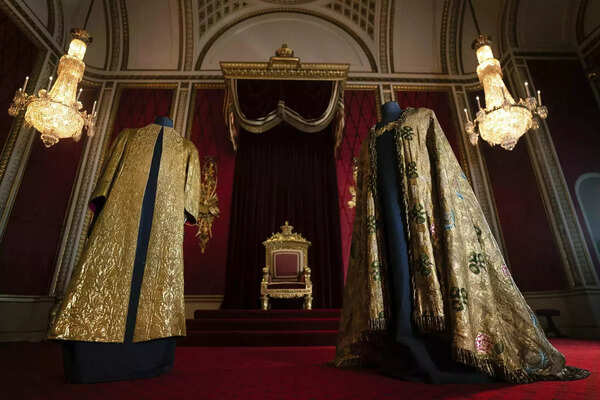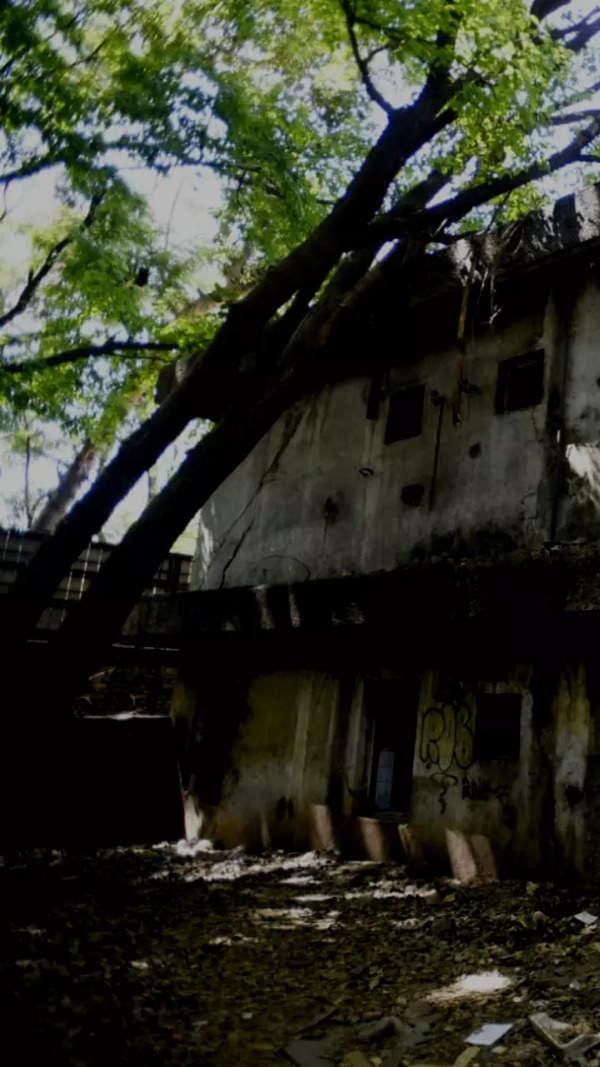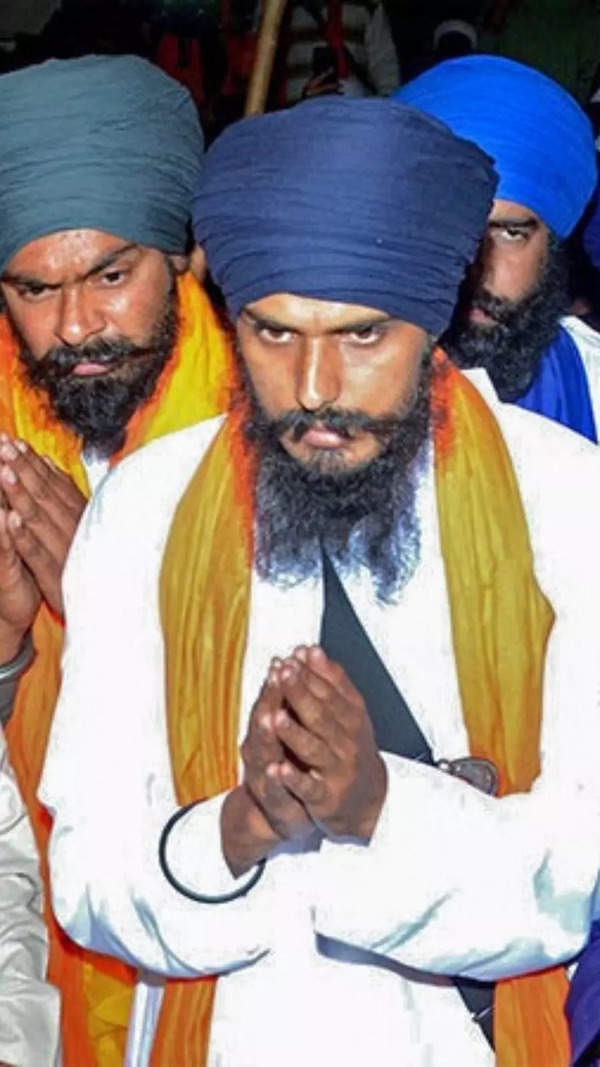- News
- City News
- mumbai News
- After 80 years, woman (93) gets back two south Mumbai flats
Trending Topics
After 80 years, woman (93) gets back two south Mumbai flats
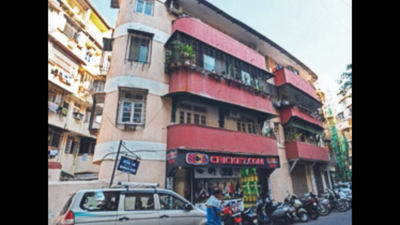
Ruby Mansion was requisitioned for ‘defence of India’ in 1942
MUMBAI: In a relief that took over eight decades to come for a 93-year-old woman, the Bombay high court has directed the state government to return to her two south Mumbai flats that were requisitioned in the early 1940s.
The flats to be given back to Alice Dsouza are on the first floor of Ruby Mansion on Barrack Road, behind Metro Cinema, and are 500sqft and 600sqft in area. On March 28, 1942, Ruby Mansion was requisitioned for the "defence of India". Gradually, possession of flats was handed back to its owner, except for the 1st floor.

Justices Ramesh Dhanuka and Milind Sathaye directed the state on Thursday to hand over "vacant and peaceful possession of the subject matter premises" to the petitioner-owner Dsouza after taking their possession from the current occupants within 8 weeks. They allowed Dsouza's plea for the flats and dismissed the occupants' petitions.
Dismissing the petition of the current occupants, the Bombay high court has directed the state government to return two flats in a south Mumbai building to its 93-year-old owner Alice Dsouza. On July 17, 1946, the governor of Bombay, under the Defence of India Rules, had directed Dsouza's father H S Dias to let out the premises to D S Laud, a government employee. On July 24, 1946, the collector directed the release of the flats from requisition. Despite the order, possession was not handed over to Dias.
On June 21, 2010, the controller of accommodation, under the Bombay Land Requisition Act, 1948, directed Laud's son Mangesh and daughter Kumud Fondekar to vacate the flats. Laud had died by then.
On August 26, 2011, the appellate authority upheld the order. Then, in 2012, Mangesh's widow and their three children, and Fondekar, who subsequently passed away, and her grandson moved the high court.
The judges said there was no merit in the submission by advocate Sharan Jagtiani, who appeared for the occupants, that as the Bombay Land Requisition Act came into force on April 11, 1948, and the July 1946 orders of requisition and de-requisition were prior to it, the orders to vacate were null and void and without jurisdiction.
The high court agreed with Dsouza's advocates, Mustafa Doctor and Nigel Quraishy, that "far and wide rights" are given to the state government under the Bombay Land Requisition Act and these would cover earlier requisitions.
"Therefore, we have no hesitation to hold that in the present case, the subject matter premises have continued to be under requisition and it cannot be said that the Bombay Land Requisition Act will not apply," it said.
The judges noted the state's "clear stand" through advocate Abhay Patki that unless a requisitioned property is handed back to the owner, the state's obligation is not discharged. They junked the argument that as D S Laud and his legal heirs had continued in possession for a long time, they were tenants. Shown eight rent receipts issued by Dsouza, the judges said, "This is a desperate attempt made by the occupants to cling to a property."
They cited Supreme Court judgments that a few rent receipts issued by the owner of a requisitioned premises is not an admission of a landlord-tenant relationship.
The flats to be given back to Alice Dsouza are on the first floor of Ruby Mansion on Barrack Road, behind Metro Cinema, and are 500sqft and 600sqft in area. On March 28, 1942, Ruby Mansion was requisitioned for the "defence of India". Gradually, possession of flats was handed back to its owner, except for the 1st floor.

Justices Ramesh Dhanuka and Milind Sathaye directed the state on Thursday to hand over "vacant and peaceful possession of the subject matter premises" to the petitioner-owner Dsouza after taking their possession from the current occupants within 8 weeks. They allowed Dsouza's plea for the flats and dismissed the occupants' petitions.
Dismissing the petition of the current occupants, the Bombay high court has directed the state government to return two flats in a south Mumbai building to its 93-year-old owner Alice Dsouza. On July 17, 1946, the governor of Bombay, under the Defence of India Rules, had directed Dsouza's father H S Dias to let out the premises to D S Laud, a government employee. On July 24, 1946, the collector directed the release of the flats from requisition. Despite the order, possession was not handed over to Dias.
On June 21, 2010, the controller of accommodation, under the Bombay Land Requisition Act, 1948, directed Laud's son Mangesh and daughter Kumud Fondekar to vacate the flats. Laud had died by then.
On August 26, 2011, the appellate authority upheld the order. Then, in 2012, Mangesh's widow and their three children, and Fondekar, who subsequently passed away, and her grandson moved the high court.
The judges said there was no merit in the submission by advocate Sharan Jagtiani, who appeared for the occupants, that as the Bombay Land Requisition Act came into force on April 11, 1948, and the July 1946 orders of requisition and de-requisition were prior to it, the orders to vacate were null and void and without jurisdiction.
The high court agreed with Dsouza's advocates, Mustafa Doctor and Nigel Quraishy, that "far and wide rights" are given to the state government under the Bombay Land Requisition Act and these would cover earlier requisitions.
"Therefore, we have no hesitation to hold that in the present case, the subject matter premises have continued to be under requisition and it cannot be said that the Bombay Land Requisition Act will not apply," it said.
The judges noted the state's "clear stand" through advocate Abhay Patki that unless a requisitioned property is handed back to the owner, the state's obligation is not discharged. They junked the argument that as D S Laud and his legal heirs had continued in possession for a long time, they were tenants. Shown eight rent receipts issued by Dsouza, the judges said, "This is a desperate attempt made by the occupants to cling to a property."
They cited Supreme Court judgments that a few rent receipts issued by the owner of a requisitioned premises is not an admission of a landlord-tenant relationship.

About the Author
Rosy SequeiraRosy Sequeira is special correspondent at The TImes of India, Mumbai\nsince July 2011. She has covered Bombay High Court for over nine years\nwhich includes her earlier stints with other newspapers. Her forte is\non-the-spot accurate reporting. She tries to bring a human face to the otherwise largely\ndrab court proceedings and constantly looks out for judicial observations \nthat strike a chord with the common man.\n
Start a Conversation
FOLLOW US ON SOCIAL MEDIA
FacebookTwitterInstagramKOO APPYOUTUBE






